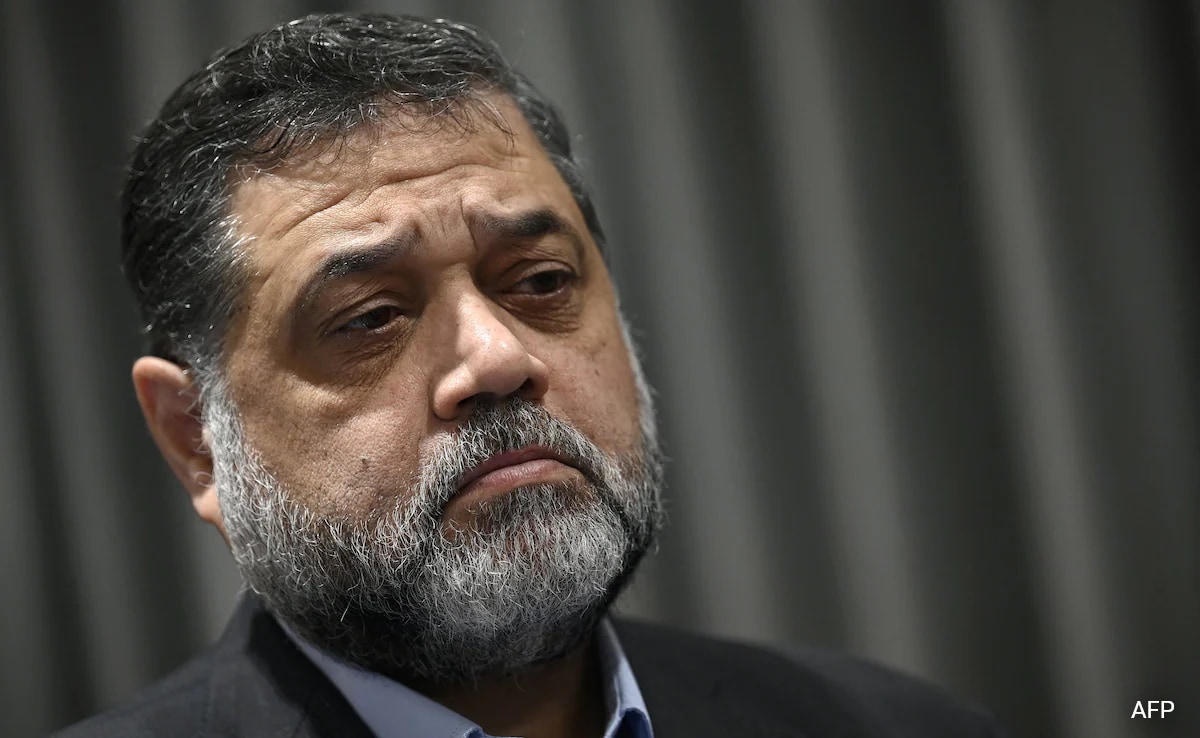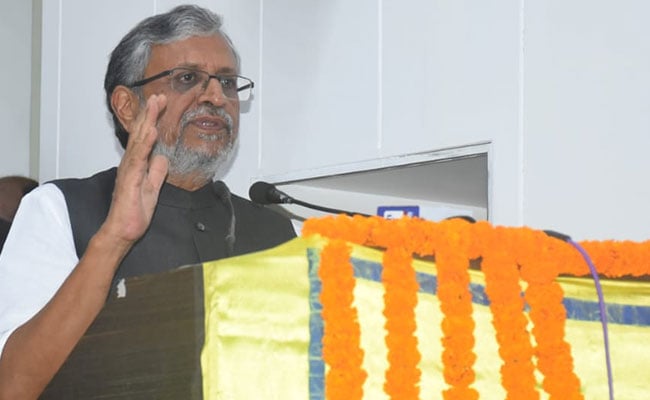The operation was planned after intelligence reports suggested the presence of at least 50 Maoists.
The dense, uncharted forests of Abujhmad – often referred to as the “hills of the unknown” – in Bastar have long been a Maoist stronghold, shrouded in mystery and largely inaccessible to security forces. On Friday, this remote region in Chhattisgarh became the backdrop for one of the most significant encounters in recent history which has dealt a big blow to left-wing extremism in the region.
In the massive operation, security forces killed 31 Maoists, including Kamlesh alias RK, one of the most-wanted Maoist commanders, and Niti alias Urmila, a spokesperson for the group. Both were key figures in the Dandakaranya Special Zonal Committee (DKSZC), with Kamlesh being wanted in five states and Urmila playing a crucial role in the Maoist propaganda machinery.

Kamlesh, originally from Vijayawada in Andhra Pradesh, was a student of the Civil Industrial Training Institute (ITI). He was primarily active in North Bastar, Nalgonda in Telangana, Manpur in Bihar and the Odisha border regions, and his influence extended across Chhattisgarh, Andhra Pradesh, Telangana, Odisha and Maharashtra. Urmila, a native of Gangalur in Bijapur, was a member of the Special Zonal Committee.
Gunfight
The operation was planned after intelligence reports suggested the presence of at least 50 Maoists, including key figures from the Indravati Area Committee and the People’s Liberation Guerrilla Army Company No. 6 in the region. Specific intelligence pointed to Kamlesh, Urmila, another wanted commander called Nandu and other Maoists hiding in the dense forest areas between the Thulthuli and Nendur villages in the Orchha and Barsur police station limits.
A joint operation was launched by the District Reserve Guard (DRG), Special Task Force (STF), and additional reinforcements from the Central Reserve Police Force (CRPF). The security forces, after trekking 25 km deep into the forest, launched a pincer movement that took the Maoists by surprise. The gunfight continued for hours, covering an additional 10 km.

Officials said the encounter has resulted in the recovery of 31 bodies so far. “Weapons like light machine guns (LMGs), AK-47s, self-loading rifles (SLRs), INSAS rifles, and .303 calibre firearms were seized from the site, further indicating the presence of senior Maoist cadres,” an official said.
A DRG jawan, Ramchandra Yadav, was injured in the crossfire but has been safely evacuated and is reported to be stable. A search operation is on and forces are also combing the surrounding areas to capture any surviving Maoists who may have fled.
3 Successes In 6 Months
The encounter is seen as a major success in the ongoing efforts to dismantle Left-wing extremism in the Bastar region and is the biggest setback for Maoists since the Kanker operation in April.
On April 15, a massive encounter had led to the death of 29 Maoists, including 15 women, in Kanker district. Among the dead were two DVCM (Divisional Committee)-level leaders, each carrying a bounty of Rs 8 lakh. The firefight lasted for over five and a half hours.
Four months later, on August 29, a major encounter took place on the Narayanpur and Kanker border in the Abujhmad region of Chhattisgarh. Three uniformed woman Maoists were killed in the operation and were identified as members of the North Bastar Division Committee and the People’s Liberation Guerrilla Army Company No. 5.
So far, over 180 Maoists have been killed in encounters in Chhattisgarh this year, marking one of the most successful phases in the fight against left-wing extremism in the state, officials said. More than 212 Maoists have also been arrested in Bastar during the monsoon season alone and 201 have surrendered, indicating a strong decline in the movement’s influence.
National Picture
The anti-Maoist operations in Chhattisgarh have been linked to a broader national strategy. After Union Home Minister Amit Shah’s visit to the state from August 23 to 25, a high-level plan was put in place to further intensify efforts against the group. During the visit, Mr Shah chaired an inter-state coordination committee meeting involving the chief secretaries and director generals of police (DGPs) of the seven Maoist-affected states as well as officers from the paramilitary forces.
During the meeting, the Home minister made it clear that the government’s stance against left-wing extremism remains firm. He said Maoists could either surrender and reintegrate into the mainstream or face the full force of security operations.




















